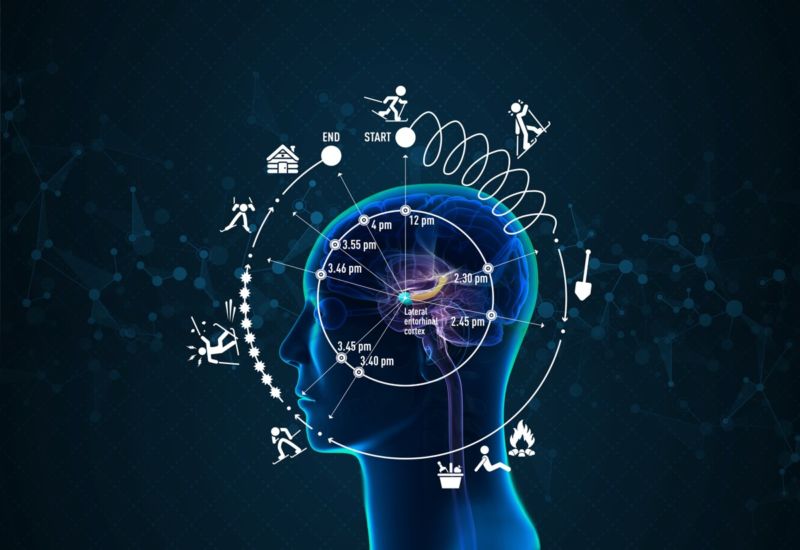Scientists found brain’s internal clock that influences how we perceive time

Enlarge / Time passes faster or slower for a skier going up and down a steep mountain, depending on what that skier is experiencing. (credit: Kolbjirn Skarpnes & Rita Elmkvist Nilsen / NTNU Communication Div. & KISN)
The philosopher Martin Heidegger suggested in the 1920s that time persists solely as a consequence of the events that take place within it. Now, a team of Norwegian scientists has confirmed the mechanism the brain uses to make sense of the passage of time as we experience something, thanks to the help of a chocolate-loving lab rat.
A sense of timeManmade clocks may precisely measure time, but, from a human perspective, the passage of time is remarkably fluid. It drags when you're doing your taxes but really does fly when you're having fun. Isolate yourself from any markers of time (night and day, watches or clocks) and you will feel less time has passed than actually has, because under those circumstances, the brain condenses time.
Time also seems to pass faster as we get older, apparently because our brain only encodes new experiences, not those we're already familiar with. Everything is new and different in childhood, but the older we get, the more we have experienced, so there are fewer novel events.
Read 9 remaining paragraphs | Comments